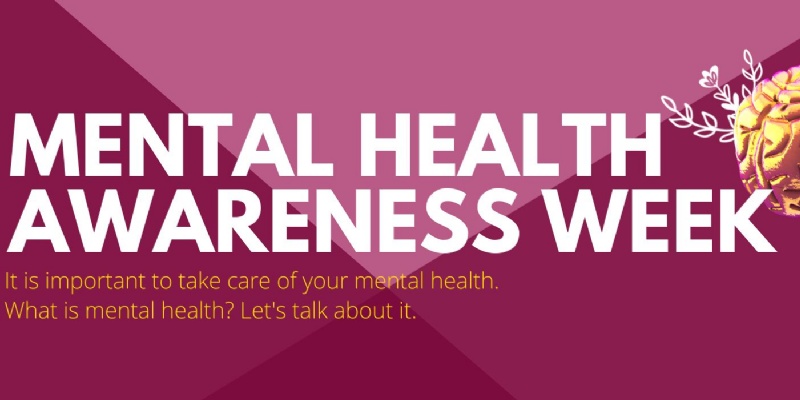
9-15 May
This year The Mental Health Foundation have chosen Loneliness as the theme for Mental Health Awareness Week, below is information on their campaign and also resources for anyone identifying or struggling with loneliness in their own life.
Finding our connections to ourselves, others, and the world around us, is fundamental to protecting our mental health and reducing feelings of loneliness.
Loneliness is when we feel we do not have the meaningful relationships we want around us. It’s something we can all experience from time to time, throughout our lives, and will be different for everyone.
A YouGov poll (2019) of 13-19-year-olds found that 69% said they felt alone “often” or “sometimes” in the last fortnight, and 59% feel like they “often” or “sometimes have no one to talk to”.
It’s important to support young people in recognising when they are feeling lonely, understanding their thoughts and feelings, and identifying the supportive connections they have.
HOW DOES OUR ACADEMY SUPPORT YOU?
This term in PSHE, we have focussed on mental well-being and the key question: How can I care for my mental well-being, and where can I seek help if I’m struggling?
Week beginning 18th April: What is mental health and the misconceptions surrounding it?
Week beginning 25th April: How can we recognise when our mental health is suffering?
Week beginning 2nd May: How can we reframe negative thinking?
Week beginning 9th May: What strategies can help our mental wellness?
We believe access to pastoral support is essential for every child and, as such, run several initiatives at all levels throughout the Academy. We aim to equip each student with the necessary skills to tackle life confidently and positively.
Our commitment to our students’ well-being remains absolute. Ultimately, we want everyone at RHA to be happy and to thrive as part of a diverse, inclusive and contented community of confident young adults, and our pastoral provision is an integral part of this.
Safeguarding our students is paramount. Please inform us immediately of any concerns about our students’ safety inside or outside school.
Our team are always available at: safeguardingteam@theredhillacademy.org.uk
EXTERNAL RESOURCES
Support for children and young people
The Mix – a UK-based charity that provides free, confidential support for young people under 25. Young people can get support from the trained team, either by phone, webchat, or email
Shout 85258 – a free, confidential, 24/7 text-messaging support service.
Samaritans – a UK-based charity that provides support at any time, from any phone, for free. Call free on 116 123 or email jo@samaritans.org.
Support for school staff
Education Support – Education Support provides mental health and wellbeing support to teachers and education staff in schools, colleges and universities. Call free on 08000 562 561 to speak to a qualified counsellor. They will offer you immediate, confidential emotional support.
Support for parents and caregivers
Young Mind’s Parent Helpline and Webchat provides advice and support for parents and caregivers who are worried about a child or young person.
Support for Post 16 students
Student Space – one-to-one support for whatever challenge you are facing, designed for students. Text STUDENT to 85258. The Mix – a UK-based charity that provides free, confidential support for young people under 25. Young people can get support from the trained team, either by phone, webchat, or email
- Shout 85258 – a free, confidential, 24/7 text-messaging support service.
- Samaritans – a UK-based charity that provides support at any time, from any phone, for free. Call free on 116 123 or email jo@samaritans.org.
Student Guide to Loneliness
This guide is a free resource from The Mental Health Foundation aimed at students aged 16+. It explores loneliness and the links to mental health and provides tips for students together with ideas of how to get involved and raise awareness in communities, at school, sixth form or university.
Full-time students are among those at higher risk of feeling lonely, during the pandemic, 26% of students reported feeling lonely often or always, compared with 8% of the adult population. And although that figure decreased as restrictions eased (22%), it still remained much higher than loneliness levels in adults (6%).1 Even before the pandemic, 88% of Britons aged from 18 to 24 said they experience loneliness to some degree, with 24% experiencing often and 7% saying they are lonely all the time.
By highlighting loneliness and its impact on mental health, we hope to reduce stigma and support more people who are lonely, or at risk of loneliness.

